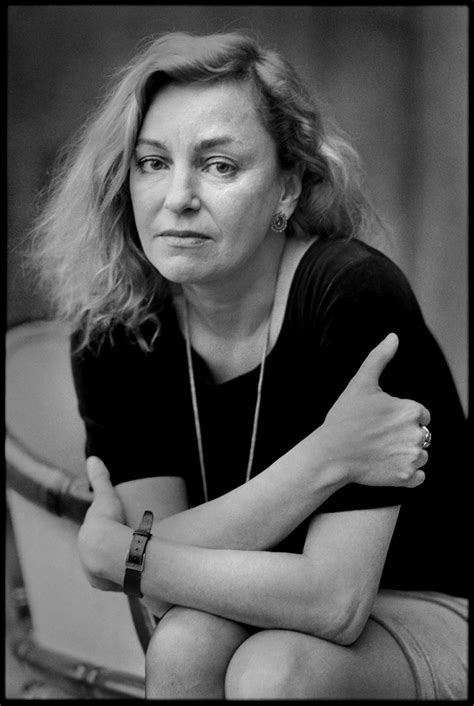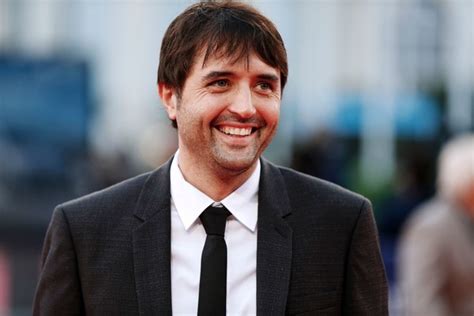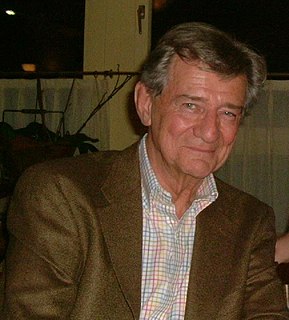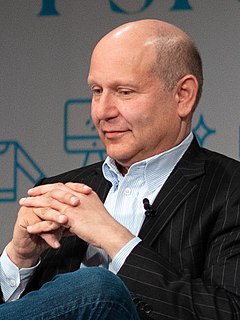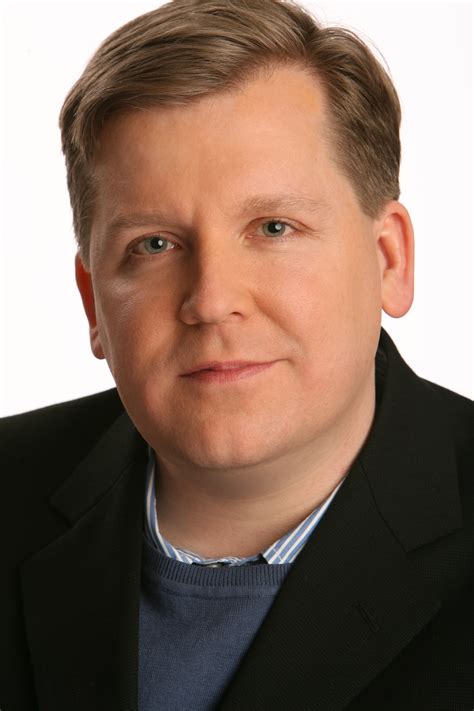A Quote by Luca Guadagnino
I am a film director, and I work with a visual language, with a visual medium. And I try to make virtue of the use of this visual medium. And I try to make sure what I do speaks the language of cinema.
Related Quotes
I'm a big fan of fiction film where you have a story and you have to transform that into a visual language, basically working with actors and also transforming that into how you pronounce that in the visual language of the shots, the construction of the shots and the lighting. All of that appealed to me from the beginning of my career at the university. When I graduated from the university, I wanted to deal mainly with that, with the visual aspect of the movie.
Film is a temporal medium as much as it is a visual medium: you're playing with time, and you don't have that ability where someone can pause at home. That's such a fundamental part of what makes filmmaking exciting to me. I don't really have as much interest in any other medium. I just like the control.
Cinema is a visual language, and you're always looking for visual metaphors for things. You know, if I was writing a play about Howard Hughes, I could have him give a monologue about how he's terrified to touch a doorknob. But on screen, you know, working with Marty Scorsese in 'The Aviator,' that became the series of images that told a story.
Usually in theater, the visual repeats the verbal. The visual dwindles into decoration. But I think with my eyes. For me, the visual is not an afterthought, not an illustration of the text. If it says the same thing as the words, why look? The visual must be so compelling that a deaf man would sit though the performance fascinated.






